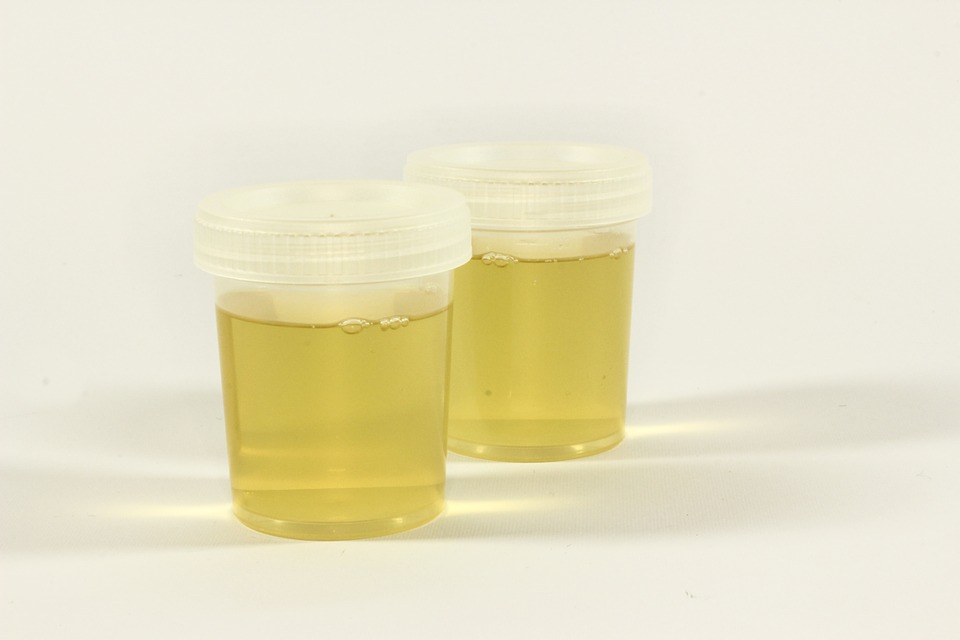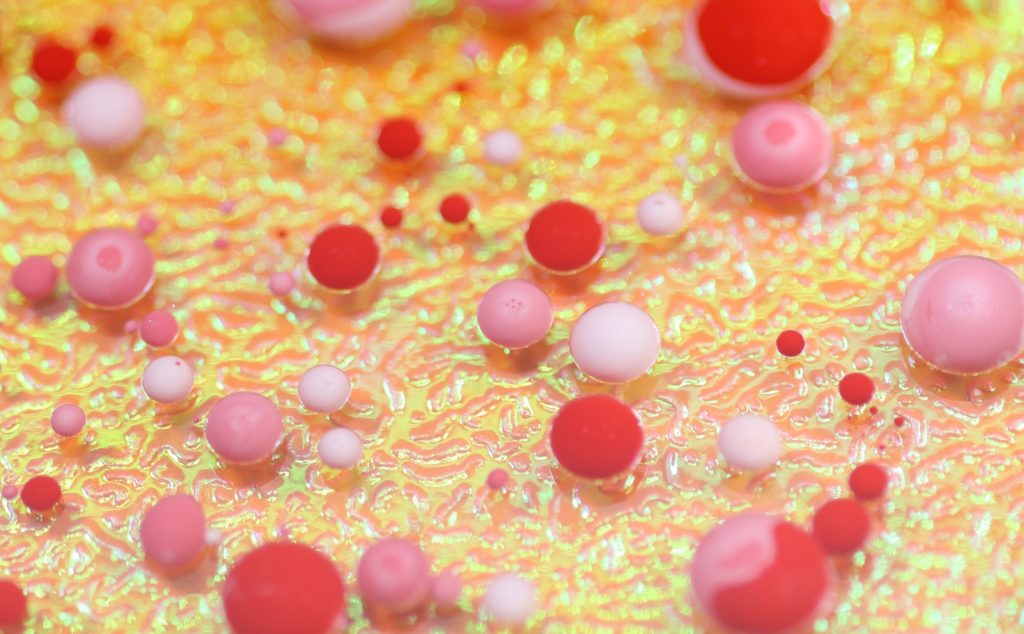
Understanding Urinalysis

Scientists have discovered many ways in which you can examine the working of your organs, one of which is called a urinalysis.
A urinalysis is a straightforward test that examines a sample of urine. It can aid in uncovering many infections that necessitate treatment, such as urinary infections. It can also aid in the early detection of major disorders such as urinary cancer.
Here is everything you should know about urinalysis.
Why Is Urinalysis Done?
A urinalysis is performed as part of a routine examination of your overall health, such as a yearly physical. Urinalysis is one method for detecting diseases in their early stages, such as kidney or liver problems or diabetes.
If you’re having surgery or will be admitted to the hospital, your doctor may want to analyze your urine. Moreover, urinalysis is also performed as part of a pregnancy checkup.
The Procedure Of The Test
A urine test can include three parts:
Visual Assessment
The shade and clarity of the urine will be inspected. Urine may appear blackish due to the presence of blood and hazy due to an infection. Plus, kidney issues can be indicated by foamy urine.
Microscopic Assessment
A microscopic examination is also performed to check urine infections. A small sample of urine will be examined under a microscope to look for RBC, WBC, or tiny pebbles produced from elements in the urine to be kidney stones in the future.
Dipstick Analysis
A dipstick is a plastic stick with chemical strips attached to it, and it is submerged in urine. If material is present at a higher amount than normal, the strips will change color. A dipstick examination can look for a variety of things, including:
PH Level
The pH level evaluates the amount of acidic substances in the urine. A higher pH level than usual could indicate kidney infections, urinary problems, or other issues.
Amount Of Protein
It is a fundamental part of our body, but it shouldn’t be in a urine sample. Strong kidneys filter water from the blood, but they don’t filter out essential nutrients like protein. Protein spills into your urine when your kidneys are damaged.
Sugar Levels
A high level of sugar substances in the urine test indicates diabetes.
White Blood Cells
If the urine sample has a high amount of pus cells, it is a clear indication of many infections.

Bilirubin Particles
It’s a byproduct of the decomposition of aged RBCs. The liver generally removes it from the blood. Its existence in the urine could indicate that you have liver illness.
Blood
If blood is found in a urine test, it can indicate many possibilities, from a kidney infection to cancer. This situation requires additional tests to know the core reason for the blood particles. Early detection and treatment can help prevent dangerous diseases from worsening.
What do test results indicate?
A urinalysis reveals what’s happening inside a body. The test can reveal red flags; however, it doesn’t necessarily mean that you have a disease. The results could indicate that you need additional testing and checkups.
At, Phlebotomy On Wheels, we have expert phlebotomists in VA who can provide mobile laboratory services at your home. We are a licensed and trusted mobile lab service provider in VA, offering affordable phlebotomy services in Maryland, Baltimore, Fairfax, and Virginia. Contact us today for more information.


